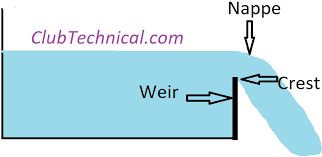Ecofriendly geopolymer concrete: a comprehensive review (Compiled by ARULANANDAN M)
Ecofriendly geopolymer concrete: a comprehensive review
Saranya Parathi, Praveen
Nagarajan & Shashikala Aikot Pallikkara
Clean Technologies and
Environmental Policy volume 23, pages1701–1713 (2021)Cite this article
3331 Accesses/30 Citations/2
Altmetric/Metrics
After ordinary Portland cement (OPC) concrete, geopolymer concrete (GPC) is the most advanced form of concrete. GPC has many advantages including improved strength and durability properties. High early age strength and ambient curing of GPC helps to reduce the construction time. Factors such as binder materials, alkali-activated solution, and curing methods control GPC’s strength properties. Moreover, when industrial byproducts such as fly ash and ground granulated blast-furnace slag (GGBS) are added to GPC, this leads to advantages such as reduced carbon dioxide emission, ability to reuse of waste materials, thus saving valuable lands from getting converted into dump yards, cost reduction, and so on. Moreover, the energy required for the extraction of raw materials is also reduced. In this paper, GPC’s strength and durability characteristics, its mix design procedure, its effect of fibers on mechanical properties, and its structural performance are comprehensively reviewed. Moreover, the development of high-strength GPC using fly ash with sodium hydroxide as an alkaline solution under oven curing condition is highlighted. To develop GPC from different binder materials, trial and error metho
ds are
proposed. Rangan’s mix design procedure is used for fly ash-based GPC.
Moreover, the inclusion of fibers, it was found, improves the ductile nature of
GPC. Suggestions and scope for future GPC-related research are also included.
Graphic abstract
References
·
Abbas R, Khereby MA, Ghorab HY, Elkhoshkhany N (2020)
Preparation of geopolymer concrete using Egyptian kaolin clay and the study of
its environmental effects and economic cost. Clean Technol Environ Policy,
1–19.




Comments
Post a Comment